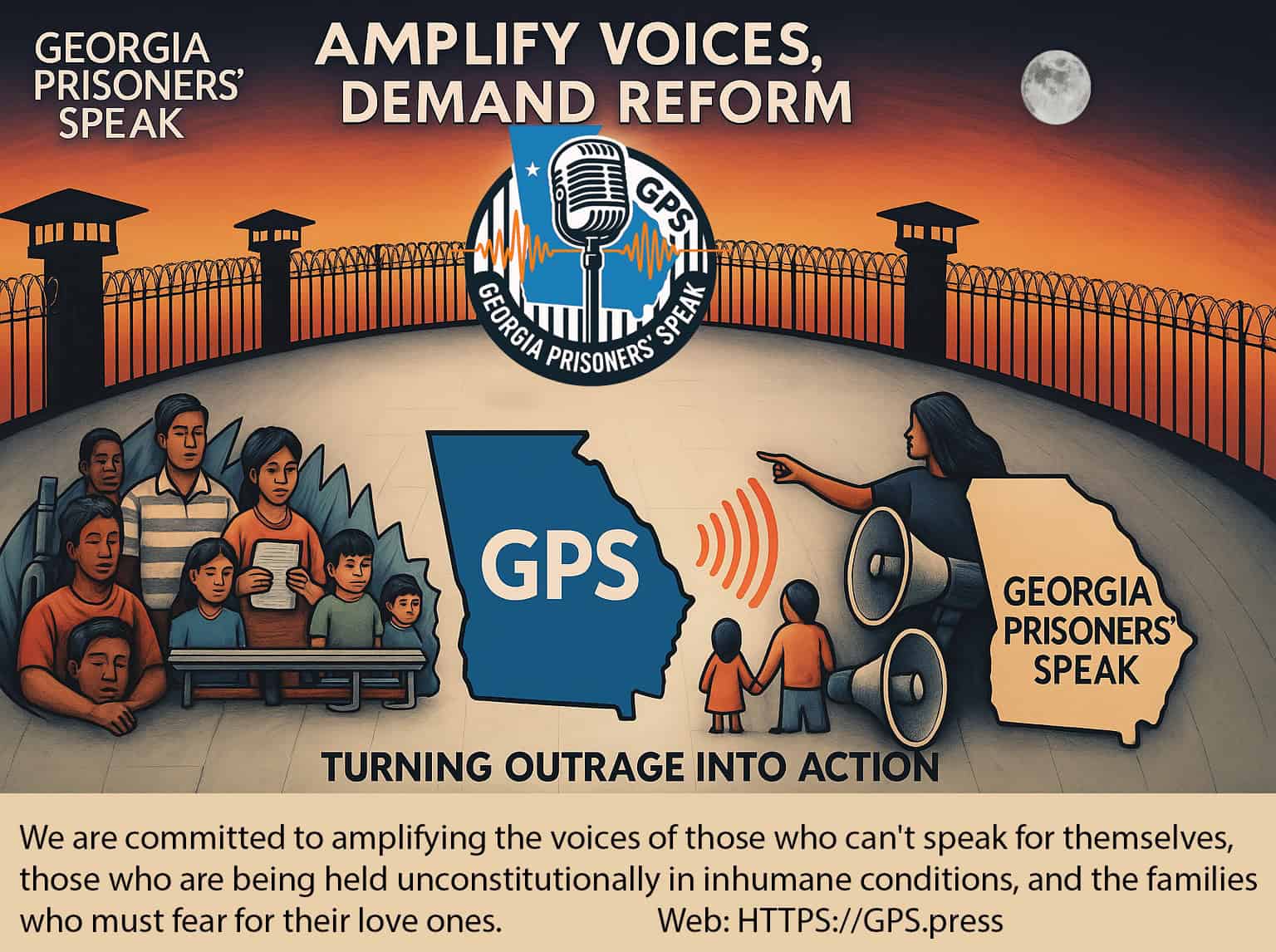Georgia buries inmates in unmarked graves without telling their families. Nearly 700 graves at Reidsville State Prison Cemetery—many without names, many with families who were never notified. The Department of Justice documented systematic failures in burial practices and family notification. Families search for years to find where their loved ones are buried. Georgia’s prison system dehumanizes inmates even after death. 1
The Forgotten Dead
Georgia’s burial practices fail basic standards of human dignity:
- Unmarked graves—metal rods instead of headstones
- No family notification—relatives learn of deaths months or years later
- Missing records—burial locations lost or never documented
- No death notification—families search without knowing their loved one died
Teresa Lester Sisson spent years searching for her brother Roy’s burial site. Her story is not unique—it’s systematic.
Policy vs. Reality
Georgia Department of Corrections Policy 208.03 requires family notification and proper burial records. The reality:
- Notification delayed or never made—families find out through unofficial channels
- Records incomplete or missing—no way to locate burial sites
- Autopsy requests ignored—cause of death unknown
- Remains withheld—families denied ability to bury their own
The DOJ investigation confirmed what families already knew: Georgia doesn’t follow its own policies.
The Emotional Toll
Unmarked graves cause lasting trauma:
- Unresolved grief—no grave to visit, no closure possible
- Chronic anxiety—uncertainty about what happened to loved ones
- Generational trauma—children never knowing where parents are buried
- Community distrust—systematic disregard destroys faith in the system
The dehumanization that happens inside Georgia’s prisons continues after death.
What Other States Do
States with better practices implement:
- Digital burial records—searchable databases families can access
- Mandatory family notification—within 24 hours of death
- Proper grave markers—identification for every burial
- Regular audits—independent verification of burial practices
These solutions exist. Georgia chooses not to implement them.
Take Action
Use Impact Justice AI to send advocacy emails demanding dignity in death for Georgia inmates. The free tool crafts personalized messages to Georgia lawmakers—no experience required.
Demand:
- Mandatory family notification within 24 hours of death
- Proper grave markers for all prison burials
- Searchable database of burial locations
- Independent audit of current burial records
Further Reading
- Death by Neglect: How Georgia Prisons Fail to Provide Medical Care
- The Cost of Silence: Why Transparency is Georgia’s Biggest Problem
- GPS Informational Resources
- Pathways to Success
About Georgia Prisoners’ Speak (GPS)
Georgia Prisoners’ Speak (GPS) is a nonprofit investigative newsroom built in partnership with incarcerated reporters, families, advocates, and data analysts. Operating independently from the Georgia Department of Corrections, GPS documents the truth the state refuses to acknowledge: extreme violence, fatal medical neglect, gang-controlled dorms, collapsed staffing, fraudulent reporting practices, and unconstitutional conditions across Georgia’s prisons.
Through confidential reporting channels, secure communication, evidence verification, public-records requests, legislative research, and professional investigative standards, GPS provides the transparency the system lacks. Our mission is to expose abuses, protect incarcerated people, support families, and push Georgia toward meaningful reform based on human rights, evidence, and public accountability.
Every article is part of a larger fight — to end the silence, reveal the truth, and demand justice.

- GPS Mortality Statistics, https://gps.press/gdc-mortality-statistics/[↩]
